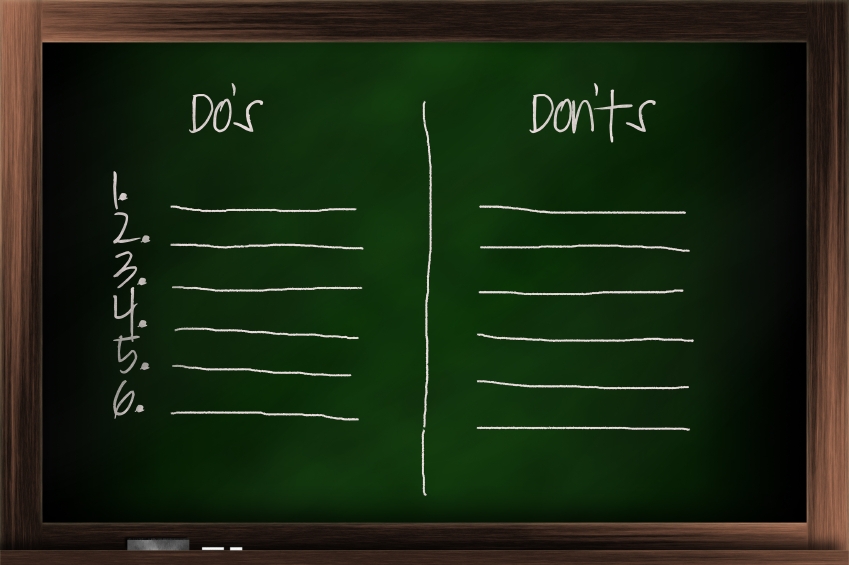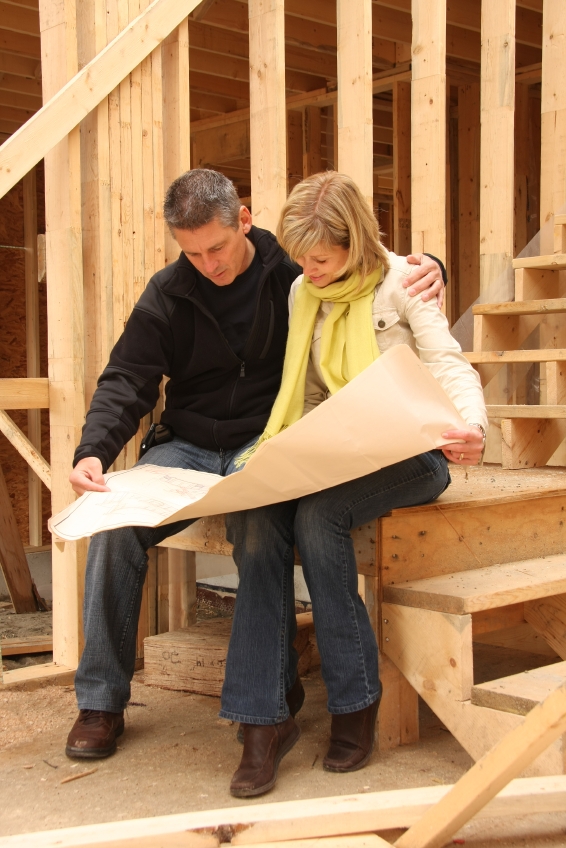Plan for these unanticipated costs when creating your budget.
A number of first time homebuyers are often shocked when they see the total cost of their home purchase, including the additional expenses, on closing day. Here’s a list of a few of the “hidden” expenditures you should expect to pay.
Land Survey
Despite the fact that most lenders may agree to the existing property survey, depending on when it was last conducted, it might be necessary to have another survey completed.
Home Inspection
The majority of lenders will request a home inspection, but even if they don’t, it’s worth the peace of mind to obtain another one.
Insurance
If you are applying for a high-ratio Canadian mortgage rate (with a down payment of less than 20 % of the purchase price), your lender will require you to purchase mortgage default insurance. While mortgage default insurance provides protection for the lender, you may wish to consider the mortgage rate life insurance for your own protection.
Legal Fees
Your lawyer will do a title search, register and prepare your low mortgage rate, and prepare the title deed.
Land Transfer
Land transfer tax must be paid by everyone who purchases property in Canada.
HST (harmonized sales tax)
HST was put into effect in July of 2010 in Ontario and British Columbia, HST (Harmonized Sales Tax) is applied to the purchase price of all new homes.
Appraisal
Your lender will only lend you a percentage of either the appraised market value of your home, or the home’s purchase price– often, the lesser of the two.
Unsure of how these additional costs will impact your home purchase? A mortgage broker can help. Contact a FamilyLending.ca mortgage specialist today.




